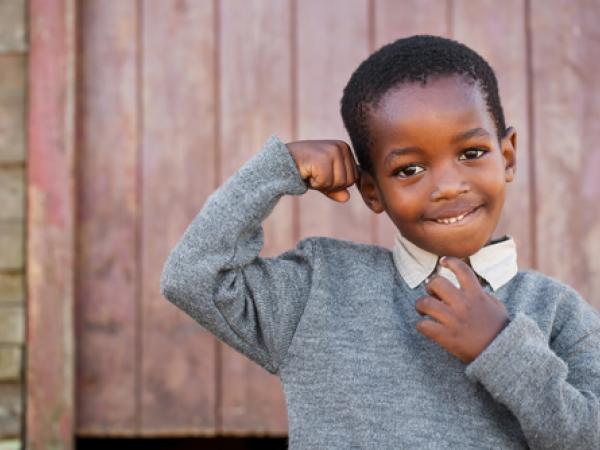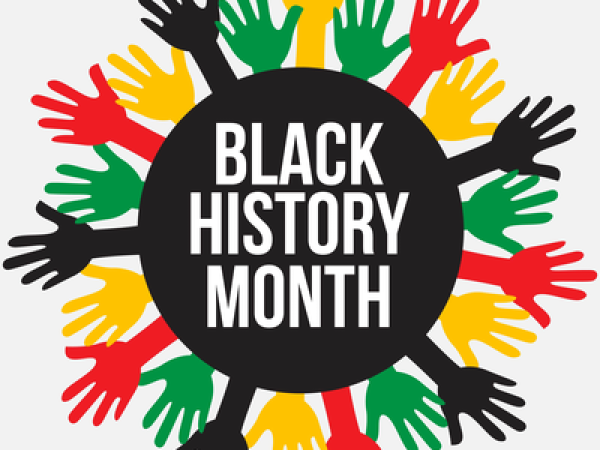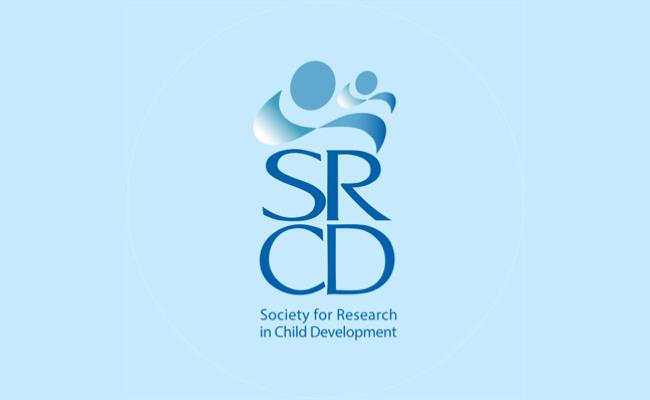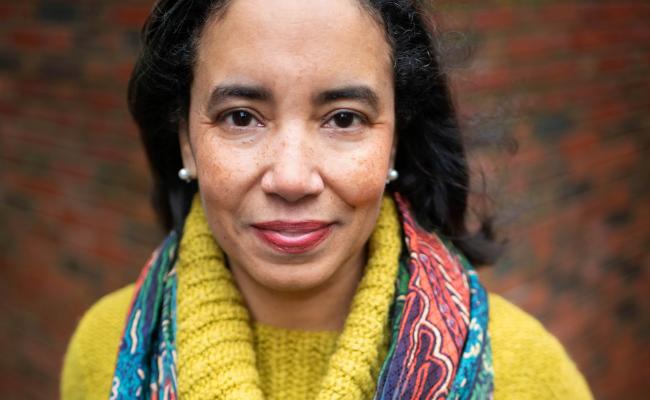
Stealing the Innocence of Childhood
I received the latest news that shattered my sense of peace while I was with my extended family celebrating my nephew’s graduation from college. My sister’s best friend, who feels like a sister to me, leaned over and said, “did you hear about Buffalo?” I nodded yes, as I spied my sweet 10-year-old son throwing a football to whomever was a willing recipient.
How and when do I talk about this with my son? My sensitive, brown-skinned boy, who worries so much about others, has a keen emotional intelligence, and can tell when my husband or I are hiding something. When George Floyd was murdered, his school talked about it and he hasn’t been the same. He could not get past the injustice. He could not get past that his skin tone is similar to many African American and Latinx youth and young adults targeted for violence, targeted even by those who take an oath to protect citizens. Selfishly, I might have kept him from knowing anything about it. Doing so might protect his innocence. But, as an African American boy, while he needs to know his culture and community; regrettably, he must be prepared for discrimination and racially motivated violence.
After learning about racially motivated violence, like other African American, Latinx, Asian, and Indigenous children, my son worries about his father – my husband—traveling, as an African American man—will he be safe? He worries about my safety and that of our extended family. The verdict against the officer in the George Floyd case brought me a mild sense of solace. But the verdict more than a year later was too abstract for my son to understand, and the innocence of childhood was already irrevocably breached. In 2016, I wrote about parenting in the midst of police profiling and violence in U.S. News and World Report. Sadly, things have not changed since then.
As a developmental scientist, I lean into the work of scholars who study racial and ethnic socialization and ethnic identity, as these are the mechanisms that protect our children. I lean into the work of scholars such as Diane Hughes, Emilie Smith, and Howard Stevenson who not only study the phenomena of racial and ethnic socialization and preparation for bias but live the experience of preparing their sons for an unjust world. I am reminded of Howard Stevenson’s poignant sharing of a recording of having “the talk” with his son, as he prepared him for an unjust world in response to unsettling news. He shared this recording at the SRCD Special Topics Meeting, “Babies, Boys, and Men of Color,” in Tampa in 2016. My son was 5 at the time and I have never forgotten it. I lean into Adriana Umana-Taylor’s recent keynote address at the “Construction of the Other” Special Topic Meeting just two weeks ago (May 2-4th), where she described how schools and teachers can have the hard conversations that can guide youth in deepening their knowledge of their identity as a protective skill for the future. In these ways, science, practice, and lived experience merge.
SRCD strives to advance the developmental sciences and promote the use of developmental research to improve human lives. So often we are looking for the common “universal” experience, which erases the experiences of many marginalized youth. If we are going to improve the lives of ALL children, we must lean in and work against societies’ ills and injustices so that ALL children feel valued, included, and central to our future. The social injustices in society work against Black, Indigenous, Latinx, and other children of color. As SRCD, we need to ensure that all children are “our children.” CTA
Mentoring 101: How to Get What you Need and Thrive in the Academy
[Virtual Workshop] May 10, 2022 from 2:00pm – 4:00pm ET [POSTPONED]

Black History Month and the Developmental Scientists Who Lead the Way
As Black History Month winds down, I am reminded of the pioneering work of Carter G. Woodson (1875-1950), the historian and educator who founded Black History Week (now month). Back when I was in graduate school, I studied him and his work in a course on Developmental Theory. I was particularly interested in his focus on education and preparing the next generation of African American youth. He mentored and equipped teachers to educate African American children about their culture and heritage, even when it was illegal to do so. By doing so, he ensured that African American children understood their heritage and the contributions of African Americans to society. Our nation continues to benefit from his legacy, as we strive to ensure that developmental science and educational curricula is inclusive of the diverse cultures and backgrounds that make up the human experience.
Woodson reminds us that “Those who have no record of what their forebears have accomplished lose the inspiration which comes from the teaching biography and history.” Developmental science has begun to catch up and record and understand the experiences of children as it relates to their culture and their experiences with marginalization. Especially as an African American woman, I have been inspired by the work of many African American scholars. Over the years, it has been so meaningful for me to see my race and culture increasingly reflected in our research on normative child development.
Just a small fraction of the developmental scientists who have pioneered this work are featured in SRCD’s Black History Month member spotlights this month. I invite you to pause and get to know these scholars: Margaret Beale Spencer, Michael Cunningham, Deborah Johnson, Suzanne Randolph Cunningham, and Vonnie C. McLoyd. These are people whose work has shaped my own and who have been mentors and role models over the course of my career. They are just a few of the scholars who have ensured that the African American experience, along with the experiences of other ethnic minority children, have been integrated into developmental science. Learn how they have impacted me and more in my own Member Spotlight.
If you wish to learn more, I invite you to take a moment and enjoy the Hidden Figures video series, which was initiated by SRCD’s Ethnic and Racial Issues Committee. The series is designed to increase the visibility of developmental scientists of color who have made critical contributions to our science and paved the way for the next generation. In addition, I urge you to revisit the Member Spotlights from past cultural heritage months: Native American Heritage Month (November 2021) and National Hispanic Heritage Month (October 2021). These are just a few ways that SRCD is ensuring that there is a record of the accomplishments of our forebears that will inspire generations to come.
Even as we pause to celebrate Black History for just a month, for so many of us, we celebrate Black history and culture all year long.






